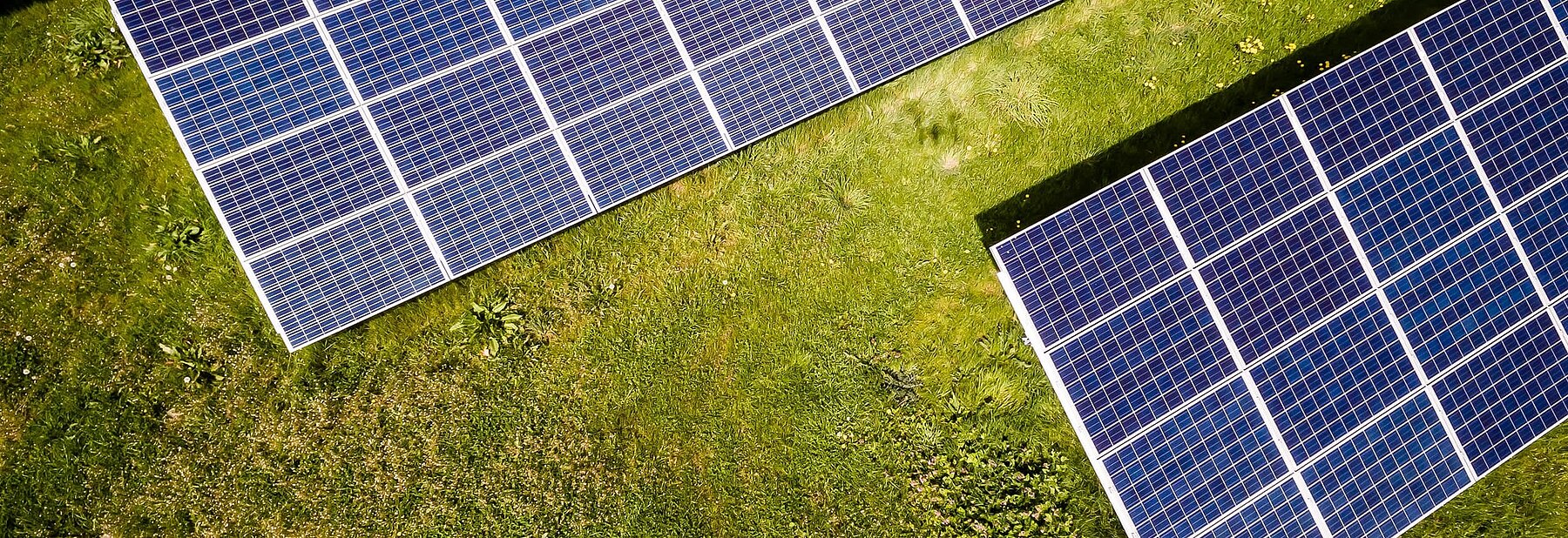

The development of a regional integrated and RES-based energy market in the Upper Rhine requires the integration of three national socio-cultural contexts, based on two benchmarks: (1) the possibilities and conditions for cooperation between key stakeholders (energy suppliers, grid operators, end-users, associations, authorities and policy-makers) beyond the national framework; (2) the acceptance of social innovations involving citizens in the local production of renewable energies. This analysis examines on the one hand the socio-cultural framework conditions for such an energy market in the TMO on the basis of the two perspectives mentioned and, on the other hand, develops concepts, scenarios, tools and policy recommendations for an optimal use of complementary potentials and a cross-border integration of RES in the Upper Rhine Region.
Exploratory interviews will be conducted with key regional actors in order to identify the challenges and possible common solutions for an integrated RES-based energy market, as well as the potential for cross-border cooperation in the energy sector. The interviews are expected to reveal the needs of different stakeholder groups, the main barriers for the implementation of large RES shares in the region, the challenges related to managing three national electricity markets, the complementary potentials that exist in the region and mechanisms that would allow the exploitation of these potentials.
A regional case study and a cross-border project will enable a comparative analysis of citizen participation, the acceptance of innovations aims to involve residents in the objective of a cross-border regional market in the TMO. The interview analysis will help us understand the obstacles and levers that determine the participation of the inhabitants in cooperation projects and, more generally, in the local production of renewable energy, and to compare a regional project with a project with a cross-border dimension. The partnership with the German-French energy cooperative project “Zusamme Solar! Colmar” (the two associations “Energies partagées en Alsace” and “FESA GmbH” have a cross-border citizen energy project) will support a comparative analysis of the participation of residents in Germany and France. The comparison will also help to examine the social acceptance of participatory mechanisms with regard to national framework conditions that allow different degrees of decentralization.
